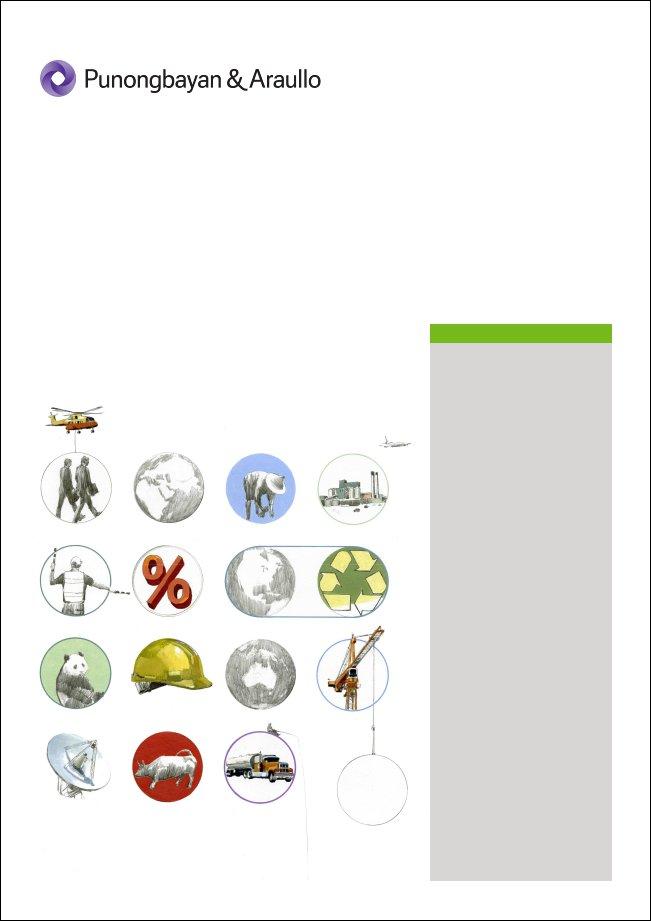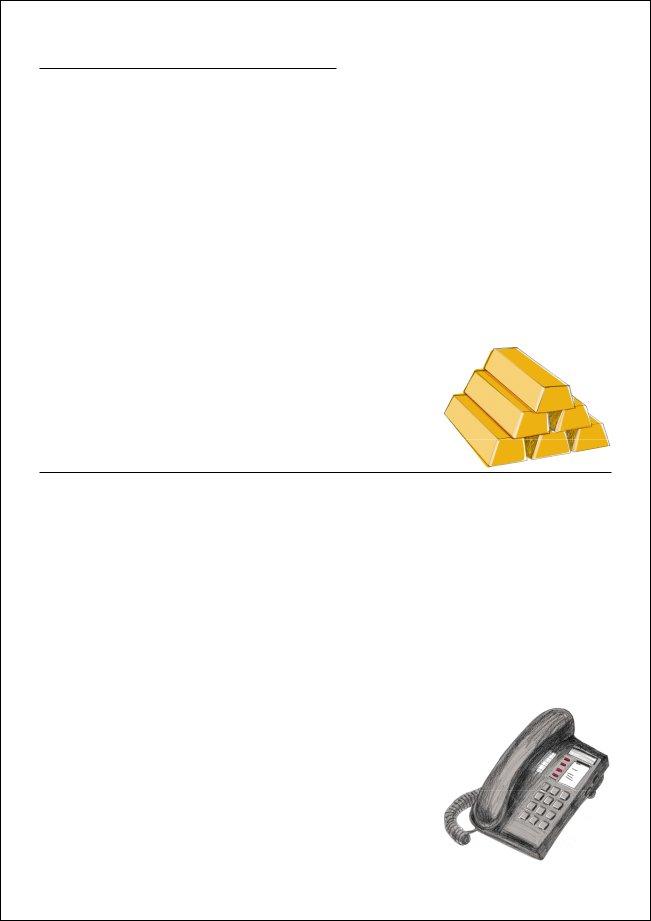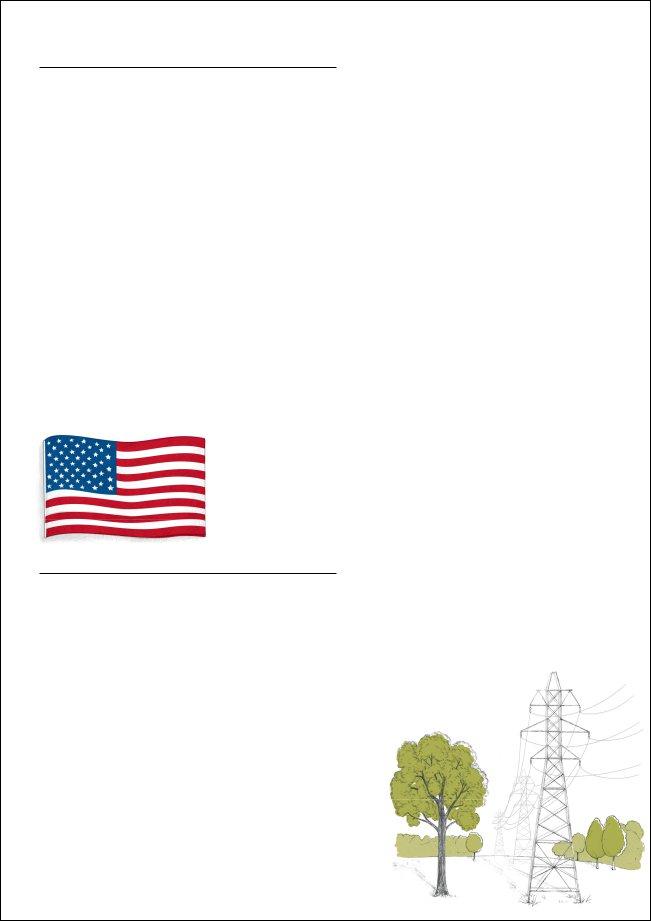In recent developments within the tax regulatory landscape, particular attention has been drawn to the integral role that the Tax Exemption For Cooperatives form plays within the broader context of incentives granted to cooperatives under Republic Act (RA) 9520. This piece of legislation, often referred to as the new Cooperative Code, underscores the government's recognition of cooperatives' unique societal and economic contributions by affording them certain tax reliefs. One of the pivotal steps for a cooperative to avail itself of these tax exemptions is to secure a Certificate of Tax Exemption from the Bureau of Internal Revenue (BIR), a process that is predicated upon the cooperative first obtaining a Certificate of Registration from the Cooperative Development Authority (CDA) under the updated cooperative framework. This procedural requirement highlights the commitment of cooperatives to align with statutory regulations to facilitate their rightful claim to tax exemptions. Moreover, this process embodies a structured pathway towards ensuring that cooperatives are accorded the benefits intended by law, which includes a span of validity extending five years from issuance, subject to renewal or revocation based on compliance or infractions. This article aims to shed light on the significant facets of the tax exemption procedure for cooperatives, elucidating the steps and documentation required to navigate the legal and administrative channels effectively. Through such discussions, the article intends to serve as a comprehensive guide for cooperatives seeking to leverage tax incentives rightfully accorded to them, thus supporting their sustainability and growth within the economic fabric of society.
| Question | Answer |
|---|---|
| Form Name | Tax Exemption For Cooperatives Form |
| Form Length | 8 pages |
| Fillable? | No |
| Fillable fields | 0 |
| Avg. time to fill out | 2 min |
| Other names | bir tax exemption certificate sample, certificate of tax exemption, certificate of tax exemption for scholarship online, how to get bir tax exemption certificate |

October 2010
Tax brief
Contents
02 SEC Circular
• Extended deadline for
02 Court Decisions
• EWT on telephone directory listing
• Deductibility of rental paid to affiliates
•
• Period for filing judicial claims for refund
• Application of most favored nation clause under
04 BIR Issuances
• Removal of VAT exemption on electricity and water consumption of senior citizens
• Abatement program for voluntary tax payments
• Issuance of certificate of tax exemption of cooperatives
07 BIR Rulings
• FCDU exemption covers GRT
• Tax status of employees assigned abroad
08 Highlight on P&A services
• Corporate organization and registration
October 2010 1

SEC Circular
Extended deadline for
The Securities and Exchange Commission (SEC) has extended the deadline for submission of the revised
The submission of the revised
(SEC Memorandum Circular No. 8, Series of 2010, September 23, 2010)
Court Decisions
EWT on telephone directory listing
Income payments made by a holding company to a telecommunication com- pany for advertising and publishing its telephone number in the telephone directory are not considered income payment made to an advertising company subject to 1% (now 2%) expanded withholding tax (EWT). The publication of the telephone directory by the tele- communication company does not make it an advertising company.
However, the Court of Tax Appeals (CTA) held that while it is not considered an advertising company, the income payment made by the holding company to the telecommunication company should be subject to 2% EWT imposed on income payments to “other contractors,” particularly printers, bookbinders, lithographers and publishers under Section 2.57.2(E)(4)(f) of RR
(Covanta Energy Philippine Holdings, Inc. v. Commissioner of Internal Revenue, CTA Case No. 7103, September 15, 2010)
2October 2010

Court Decisions
Deductibility of rental paid to affiliates
In a decision of the CTA in division, the court upheld the disallowance of the BIR of the rent expense claimed by a domestic car manufacturing company on the ground that it is a shareholder of the corporation that owns the rented property. The CTA in division cited Section 29(a)(1)(A) of the 1977 Tax Code [now Section 34(A)(1)(a)(iii), Tax Code], which provides that for rent expense to be deductible for income tax purposes, the taxpayer should have no equity to the property being rented.
Acting on the appeal made by the taxpayer, the CTA en banc held that the company cannot be deemed to have title to or equity in the properties owned by its affiliates as contemplated under Section 29(a)(1)(A) of the 1977 Tax Code on the ground that it has equity in the corporation that owns the leased property. The CTA en banc clarified that said Section refers to the equity in the property itself and not to equity in the corporations that own the property subject of lease.
As explained by the CTA en banc, a corporation has a personality distinct and separate from its individual stockholders or members, and is not affected by the personal rights, obligations and transactions of the latter. As lessee, the company cannot be deemed to have equity in the properties owned by or registered in the name of the affiliates without violating the doctrine of separate and distinct juridical personality of the corporation. Extending the condition stated under Section 29(a)(1)(A) of the 1977 Tax Code to the property owned by a corporation, which has a separate and distinct juridical personality, will unduly impose upon the company a burden that is not in the law.
(Mitsubishi Motors Philippines Corporation v. Commissioner of Internal Revenue, CTA EB No. 526 re CTA Case No. 6385, September 7, 2010)
Although the submission of complete documents is necessary to support a claim for refund, failure of the taxpayer to submit the complete documents at the administrative level does not bar the CTA from receiving, evaluating and appreciating evidence in support of the taxpayer’s claim for refund or issuance of tax credit certificate.
In judicial claims for refund, the question of whether or not the evidence submitted by a party is sufficient to warrant the granting of a claim lies within the sound discretion and judgment of the court. According to the CTA, judicial claims are decided based on what has been presented and formally offered, and not on mere allegation of
(Commissioner of Internal Revenue v. Toledo Power Company, CTA EB No. 589 re CTA Case No. 7471, September 15, 2010)
Period for filing judicial claims for refund
Under Section 112(D) of the Tax Code, the Commissioner of Internal Revenue (CIR) is given 120 days from the date of submission of complete documents to decide whether to grant a refund/issue tax credit certificate, or to deny the claim. If the CIR grants or denies the claim, or in case he fails to act within the
In the instant case, the taxpayer filed its administrative claim for refund/issuance of tax credit certificate of its unutilized input VAT on January 4, 2007, which falls within the
The claim was deemed prematurely filed by the CTA. According to the CTA, the taxpayer should have first exhausted the administrative process afforded to him before resorting to judicial remedy. Hence, due to failure to exhaust administrative remedies, the taxpayer’s claim for refund/issuance of tax credit certificate of its unutilized input VAT was denied.
(Mindanao II Geothermal Partnership v. Commissioner of Internal Revenue, CTA Case No. 7595, September 14, 2010)
October 2010 3

Court Decisions
Application of most favored nation clause under
Based on a comparison made of the provisions of the
The CTA ignored the BIR ruling secured by the taxpayer expressly allowing the taxpayer to apply the 10% preferential tax rate on royalties since the BIR merely cited the provisions of the
(Cargill Philippines, Inc. v. Commissioner of Internal Revenue, CTA Case No. 7656, September 6, 2010)
BIR Issuances
Removal of VAT exemption on electricity and water consumption of senior citizens
The BIR has removed the VAT exemption of electric and water consumption of senior citizens. These items were on the list of goods and services that were previously exempted from VAT under RR
The BIR clarified that the VAT exemption under RA 9994 is limited to the purchase of goods and services of senior citizens entitled to the 20% discount. Hence, water and electricity bills, which are granted only a 5% discount, cannot
be entitled to the VAT exemption.
(Revenue Regulations No.
4October 2010

BIR Issuances
Abatement program for voluntary tax payments
The BIR launched an abatement program, which gives taxpayers who will voluntarily file and pay their taxes and/or amend their tax returns to pay their correct tax liabilities the opportunity to settle their tax deficiencies without paying any surcharge and/or compromise penalties. The abatement program covers all tax types like income tax, VAT, estate tax, and creditable withholding tax.
The abatement program is available to all taxpayers who have not been issued a Letter of Authority (LA) or its equivalent for the tax period or for the return applied for the abatement program. As another condition to qualify for the program, the return or tax type should also not be the subject of any pending or final and executory court decision for criminal case for tax evasion and other criminal offenses under the Tax Code. In case an amended return is filed, the amendment should result in additional tax payment (increase in revenues or decrease in deductions or increase in both but resulting to a higher tax due) for the taxpayer.
Those who are interested in availing of the program must execute a declaration of availment of abatement and submit it to the BIR office where he is registered, with the following attachments, all in three copies:
a.For original tax returns - Photocopy of the return filed and attachments and proof of payment of taxes
b.For amended returns - Photocopy of the original and amended return, with attachments, and proof of payment for both
Filing and payment, including for returns relating to importations, may be done with an Authorized Agent Bank (AAB) or Revenue Collection Officer (RCO) within the taxpayer’s RDO or through the eFPS in case of eFPS taxpayers. The declaration of availment of the abatement program must be filed on or before October 29, 2010.
An initial evaluation on the completeness of the application shall be done within two days from receipt, and approval/ disapproval shall be issued within 30 days. Otherwise, the abatement shall be deemed approved.
(Revenue Regulations No.
Issuance of certificate of tax exemption of cooperatives
The BIR has issued the following guidelines in the processing and confirmation of the tax incentives granted to cooperatives under RA 9520.
A. Guidelines and procedures
In applying for certificate of exemption, the cooperative should observe the following guidelines and procedures:
1.All cooperatives previously registered with and confirmed by the Cooperative Development Authority (CDA) under RA 6938 and RA 6939 are deemed regis- tered under RA 9520 (new Cooperative Code), and a new certificate of registration will be issued by the CDA.
2.All cooperatives must first secure their new certificate of exemption from the CDA before they can apply for Certificate of Tax Exemption from the BIR. The application should be filed and acted upon by the Revenue District
Office and Revenue Region having jurisdiction over the principal place of business of the cooperative.
3.All cooperatives applying for tax exemption shall be required to update their BIR registration with the RDO having jurisdiction over their principal place of business. The application for Registration Update of the cooperative may be processed simultaneously with its application for tax exemption.
4.The updated Certificate of Registration shall be issued and released by the BIR to the coopera- tive together with the Certificate of Tax Exemption within ten working days from the submission of complete documents.
5.The Certificate of Tax Exemption shall be valid for a period of five years from the date of issue or date of effectivity, unless it is revoked or cancelled. The original Certificate of Tax Exemption may be renewed by filing BIR Form 1945 and submitting all documentary requirements at least two months before the expiration of the certificate of exemption. The renewal certificate shall be valid for another five years, unless it is revoked for a cause.
October 2010 5

BIR Issuances
B. Documentary requirements
The following documents should be filed with the BIR by cooperatives that are applying for certificate of tax exemption.
1.Original issuance of Certificate of Tax Exemption – Cooperatives that are applying for the first time for Certificate of Tax Exemption are required to submit a duly accomplished Application of Tax Exemption for Cooperatives (BIR Form 1945), together with the certified true copies of the following:
a.Articles of cooperation and bylaws, as certified by CDA
b.New certificate of registration issued by the CDA under RA 9520
c.Current certificate of good standing issued by the CDA effective on date of application
d.BIR certificate of registration
In addition, the cooperative should submit an original copy of certification under oath of the list of cooperative members with their respective Taxpayer Identification Number (TIN) and their capital contributions prepared by an authorized official of the cooperative. Those without TIN may temporarily use their National Statistics Office (NSO) number or other government issued ID number or Community Tax Certificate number. However, the cooperative must require all its members to secure a TIN for the updated list of members to be submitted together with the regular filing of the cooperative’s annual income tax return.
2.Renewal of Certificate of Tax Exemption – To be attached to the duly accomplished BIR Form 1945 (Certificate of Tax Exemption for Cooperatives) are the certified true copies of the following documents:
a.Certificate of registration issued by the CDA under RA 9520
b.Latest articles of cooperation and bylaws of the cooperative
c.Current certificate of good standing from CDA, effective on the date of application
d.Latest financial statements of
the immediately preceding year duly audited by a BIR
accredited independent certified public accountant
All applications for tax exemption filed by cooperatives with the BIR Law Division prior to the issuance of the Revenue Memorandum Order (RMO)
C. Reportorial requirements
The following documents and information are required to be submitted yearly to the BIR together with the filing of the cooperative’s Annual Information Return (BIR Form 19702) due on or before the 15th day of the fourth month following the close of the calendar year:
1.Certified true copy of the current and effective certificate of good standing from CDA
2.Certified true copy of certification under oath by the chairperson/ general manager stating, among others, the type of cooperative, amount of accumulated reserves, and amount of net surplus for the year
3.Original copy of the yearly summary of records of transactions
4.Original copy of certification under oath by the chairperson/ general manager of the list of members, their respective TINs, and the share capital contribution of each member as of the year end concerned
(Revenue Memorandum Order No.
6October 2010

BIR Rulings
FCDU exemption covers GRT
The BIR has now recognized that the exemption of foreign currency deposit units (FCDUs) of banks from all taxes, as restored via RA 9294, covers the gross receipts tax (GRT).
Earlier, in BIR Ruling No.
After a careful
In RR
(BIR Ruling No.
Tax status of employees assigned abroad
Filipino employees of a foreign company who are assigned abroad for less than 183 days are still considered resident citizens of the Philippines subject to the Philip- pine income tax on income derived from services performed within and outside the Philippines.
Under Section 22(E) of the Tax Code, in order for the employees to be considered
(BIR Ruling No.
October 2010 7

Highlight on P&A services
Corporate organization and registration
We render advisory services and assistance on the implementation of, and in obtaining required government approvals for, a client’s plan to undergo various types of corporate restructuring arrangements such as increase or decrease of capital stock, conversion of debt to equity, undergoing equity restructuring or
Tax Brief is a regular publication of Punongbayan & Araullo (P&A) that aims to keep its clientele, as well as the general public, informed of various developments in taxation and other related matters. This publication is not intended to be a substitute for competent professional advice. Even though careful effort has been exercised to ensure the accuracy of the contents of this publication, it should not be used as the basis for formulating business decisions. Government pronouncements, laws, especially on taxation, and official interpretations are all subject to change. Matters relating to taxation, law and business regulation require professional counsel.
We welcome your suggestions and feedback so that the Tax Brief may be made even more useful to you. Please get in touch with us if you have any comments and if it would help you to have the full text of the materials in the Tax Brief.
Lina Figueroa
Principal, Tax Advisory & Compliance Division
T +632
F +632
E Lina.Figueroa@ph.gt.com
P&A is a member firm within Grant Thornton International Ltd. Grant Thornton International is one of the world’s leading organizations of independently owned and managed accounting and consulting firms.
If you would like to know more about our corporate organization and registration services, please contact:
Eleanor L. Roque
Division Head, Tax Advisory & Compliance
T + 632 886 5511 ext. 550
F + 632 886 5511 ext. 606
E Lea.Roque@ph.gt.com
8October 2010